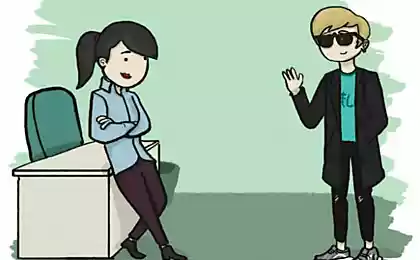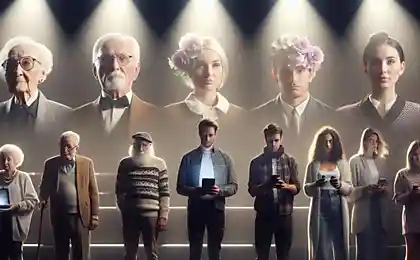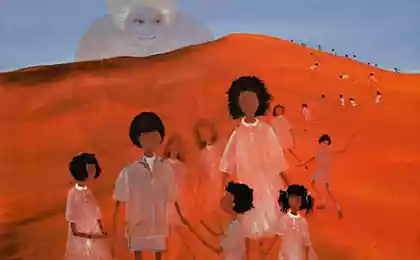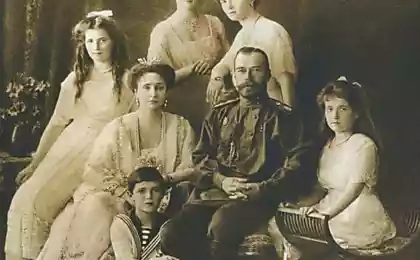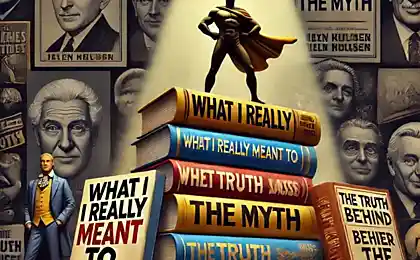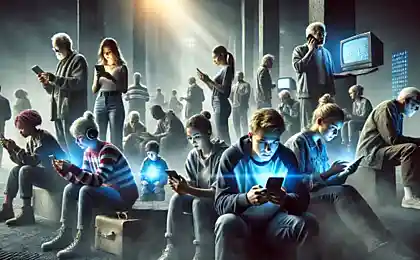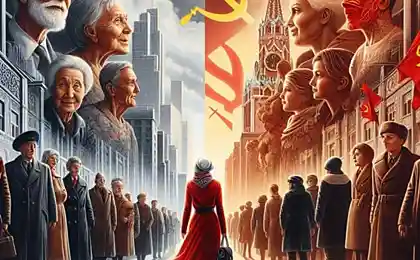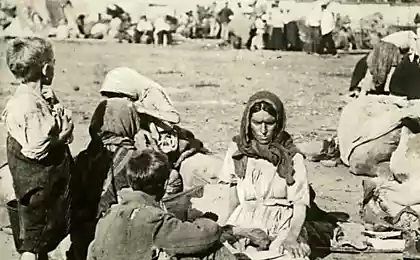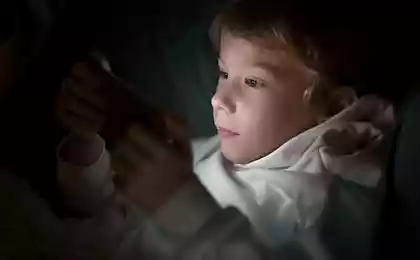362
Many are convinced that the children of the 90s are much better than the modern generation, but is this really true?
With the collapse of the Soviet Union, a lot has changed. Including the way of life of many citizens, once a great power. But no matter how twisted, and warm pleasant memories from this period. Especially those who were young and active and it seemed that now the real life would begin. Today's edition. "Site" He wants to remember who they are. nineties.
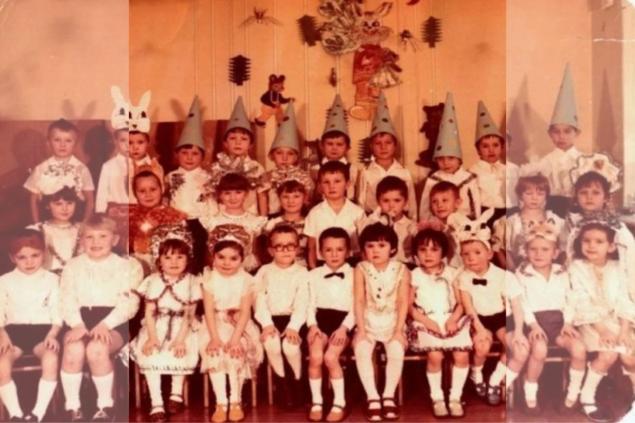
Today, many whose childhood fell on the 90s of the last century have become parents themselves. And of course, they always compare and remember their childhood and the childhood of their children. Despite the insignificant time period, only some 30 years the difference between generations is simply enormous. What distinguishes these two generations and who has a happier childhood? Let's try to figure it out.
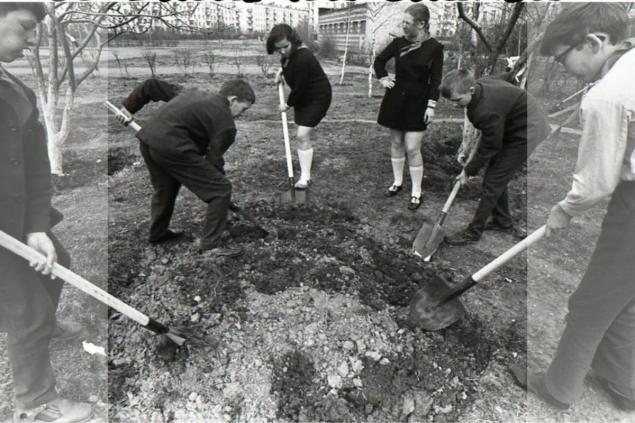
With the collapse of the Soviet Union came the collapse of the economic system of the country. None of the directors of the plants or factories were ready for a complete shutdown. There was no money at all from the word and everyone survived as best they could. The money was not only paid to factory workers. The money was not received by teachers, doctors and other staff. Every family had children and had to feed them. Therefore, parents were engaged in mining money and settling a new life, and the children belonged to themselves.
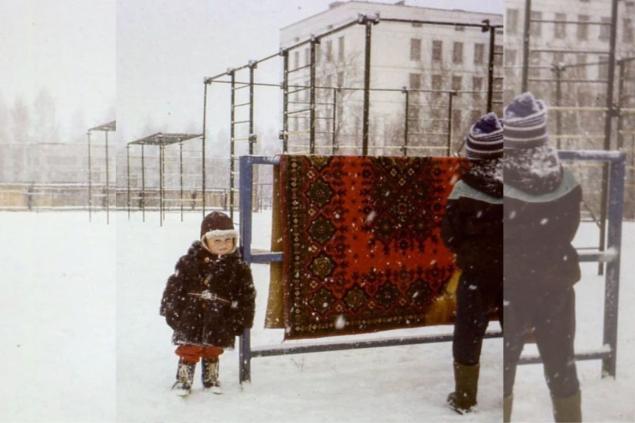
Many of the 90s could already fry their own eggs or cook a simple soup in first grade. Parents were not afraid to allow matches and gas stove at such a young age. Due to the shortage of goods and echoes of the Soviet system, queues in stores were huge. If they brought bread or other products, the children simply took the money and went to the queue. No one even asked them because it was their duty and their contribution to the family’s survival. They grew up faster and took part in household chores. Not to mention the fact that no one even checked the lessons from the parents. Not like sitting with a kid and doing it together. Sometimes parents learned about the success of their child only from the table at the end of the year.
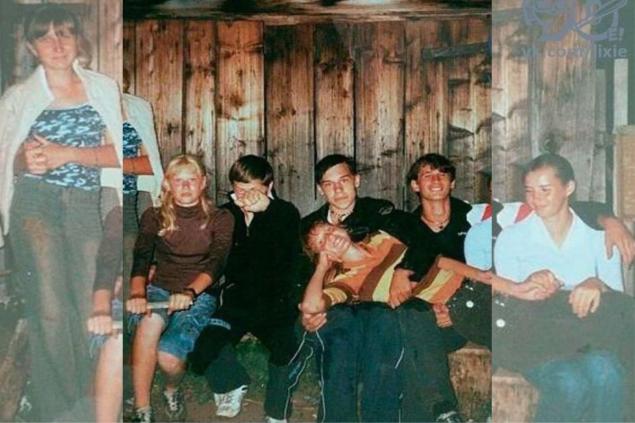
In the nineties, due to mass non-payment of wages, many sports sections and clubs were closed. Everything that was free and accessible in the USSR ceased to exist. Few parents were willing to give the child to a paid club or sports section. So a lot of kids in the nineties just grew up on the street and belonged to themselves. Today, psychologists call the generation of the 90s the lost generation. In a world where some values were collapsing, and the second did not have time to create children had no reference points. The 90s will survive on a deserted island. After all, how many huts were built in the yards, and what only berries and green apricots did not eat.
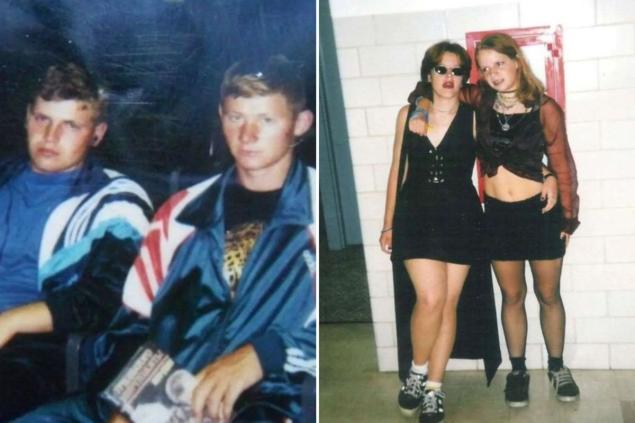
Of course, argue and compare two generations: the 90s and today it's ridiculous. Each generation adapts to live in its own world. But probably because the children of the nineties had to grow up so early, they have a completely different attitude to their children. They are hyperprotective and try to spend as much time as possible with children. They buy a lot of toys that they dreamed of as children. Not to mention the fact that the current generation, who grew up in the age of the Internet, simply does not know what it is to wait or dream.

Today, many whose childhood fell on the 90s of the last century have become parents themselves. And of course, they always compare and remember their childhood and the childhood of their children. Despite the insignificant time period, only some 30 years the difference between generations is simply enormous. What distinguishes these two generations and who has a happier childhood? Let's try to figure it out.

With the collapse of the Soviet Union came the collapse of the economic system of the country. None of the directors of the plants or factories were ready for a complete shutdown. There was no money at all from the word and everyone survived as best they could. The money was not only paid to factory workers. The money was not received by teachers, doctors and other staff. Every family had children and had to feed them. Therefore, parents were engaged in mining money and settling a new life, and the children belonged to themselves.

Many of the 90s could already fry their own eggs or cook a simple soup in first grade. Parents were not afraid to allow matches and gas stove at such a young age. Due to the shortage of goods and echoes of the Soviet system, queues in stores were huge. If they brought bread or other products, the children simply took the money and went to the queue. No one even asked them because it was their duty and their contribution to the family’s survival. They grew up faster and took part in household chores. Not to mention the fact that no one even checked the lessons from the parents. Not like sitting with a kid and doing it together. Sometimes parents learned about the success of their child only from the table at the end of the year.

In the nineties, due to mass non-payment of wages, many sports sections and clubs were closed. Everything that was free and accessible in the USSR ceased to exist. Few parents were willing to give the child to a paid club or sports section. So a lot of kids in the nineties just grew up on the street and belonged to themselves. Today, psychologists call the generation of the 90s the lost generation. In a world where some values were collapsing, and the second did not have time to create children had no reference points. The 90s will survive on a deserted island. After all, how many huts were built in the yards, and what only berries and green apricots did not eat.

Of course, argue and compare two generations: the 90s and today it's ridiculous. Each generation adapts to live in its own world. But probably because the children of the nineties had to grow up so early, they have a completely different attitude to their children. They are hyperprotective and try to spend as much time as possible with children. They buy a lot of toys that they dreamed of as children. Not to mention the fact that the current generation, who grew up in the age of the Internet, simply does not know what it is to wait or dream.
How old was Alla Pugacheva, when she selflessly decided to give a concert for the liquidators of the Chernobyl nuclear power plant and what it turned out for her
Abigya Anand has appeared on air with his new forecast for 2024, we should prepare



